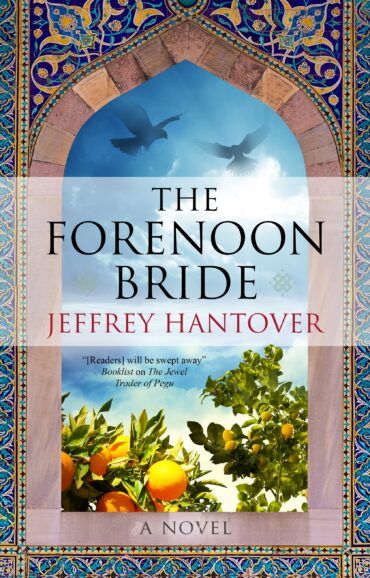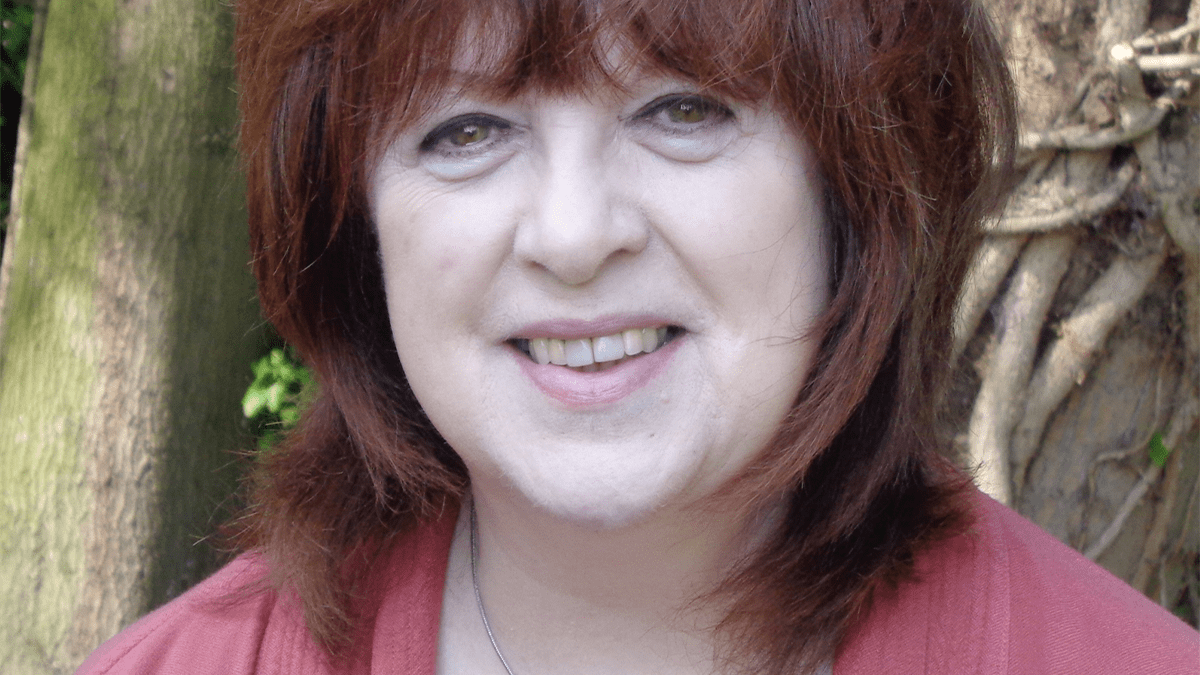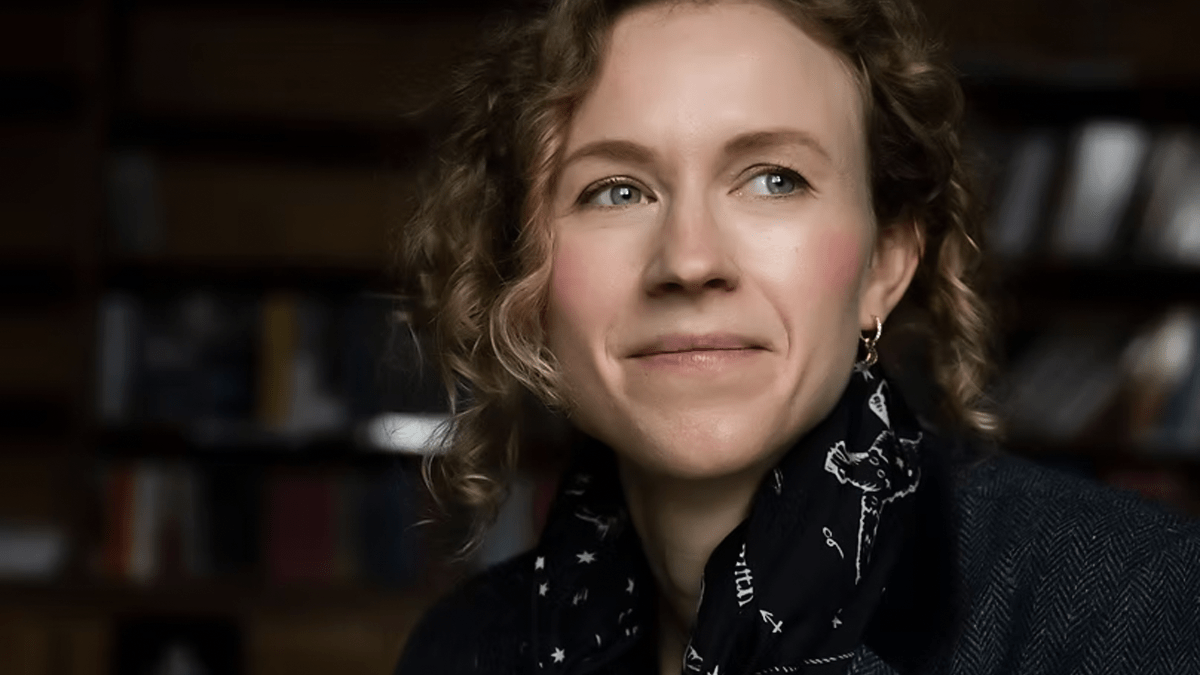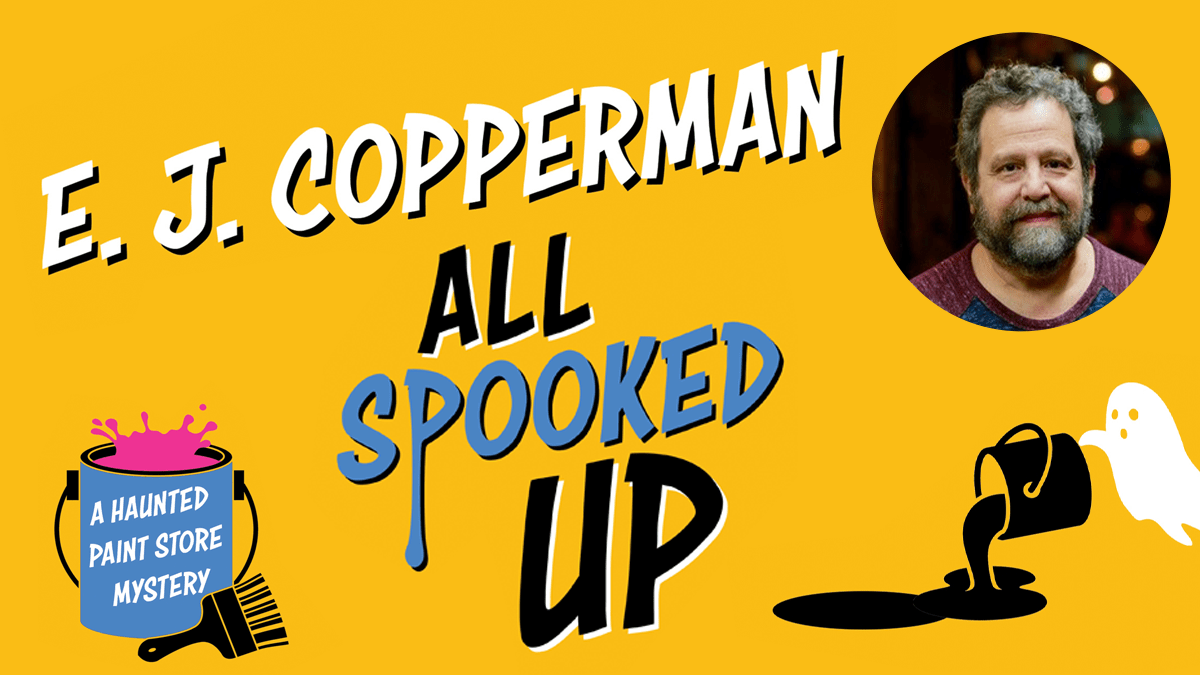Author Q&A: Jeffrey Hantover on The Forenoon Bride
by Severn House on 28 September 2023
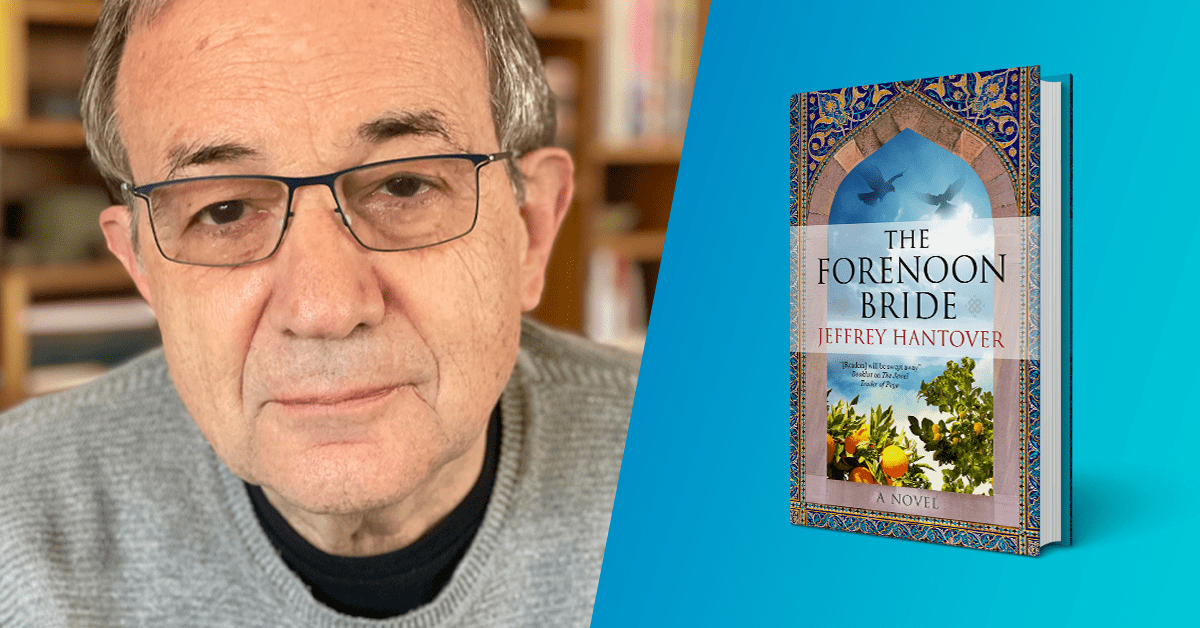
Jeffrey Hantover has had a varied career, working as a sociologist, a social service executive, a labor rights consultant, and an art critic. He’s written extensively on social issues, art, and culture for international publications. He lived in Hong Kong for more than a decade and resides with his wife in New York City. A published poet, he is also the author of the critically-acclaimed historical novel The Jewel Trader of Pegu.
His latest historical novel, The Forenoon Bride – a sweeping tale of love, honour, duty, and heartbreak set in the 16th-century – is available now in ebook and hardback, and will be released in paperback on 28 December 2023 in the UK and 27 February 2023 worldwide.
Hantover spoke to Tina Pietron about the inspiration, background and historical research for The Forenoon Bride.
In the author’s note section, you write that the idea for The Forenoon Bride came to you through an old ballad – Lord Bateman. What was it about that story that inspired you to write The Forenoon Bride?
It’s a love triangle where only two of the lovers have voice and agency. In the ballad, the forenoon bride doesn’t speak — only her mother — and yet without her there is no tension or hearts to be broken. I have always been fascinated by the characters at the edge of a story or in this case in a fleeting lyric: how their lives are impacted by forces outside themselves. Tom Stoppard saved Rosencrantz and Guildenstern from Hamlet’s shadow. I wanted to bring Elizabeth’s life into the light.
On what level did you connect with the Turkish woman, Safiye, in your book?
Safiye claimed my increasing admiration as she grew more courageous and determined. She was willing to give up the love of her father and the certainty of her luxurious life for the dangers of the journey and the uncertainty of Lord Bateman’s faithfulness.
How did the setting and time period allow you to tell the story you wanted to tell?
Placing the story at the end of the 16th century, I could draw sharp contrasts between the culture and society of Elizabethan England and the Ottoman Empire. The dangers of travel in this period made Safiye’s journey more perilous and her courage more pronounced. At a time when little was allowed or expected of women in both societies, Safiye and Elizabeth stand out as strong willed and intelligent women of character.
What kind of research did you do? Did you come across anything particularly interesting or moving?
I wanted to immerse the reader in two different societies. How did people dress in Elizabethan England and the Ottoman empire of the 16th century, what did they eat, what poems did they read, what plays did they see, how did their religious faith influence their lives. I read period pieces on fishing, falconry, and the nature of honour among many other topics. I was surprised to find out about the primitive Ferris wheel of Istanbul and found the recruitment of young Christian boys into the Ottoman bureaucracy interesting. I hope the reader is as moved as I was when writing about the whirling dervishes on the Nuptial Night in Konya.
Even though it’s set 500 years ago, are there certain experiences or themes in The Forenoon Bride that you think will feel particularly timely or relevant to today’s reader?
The heart doesn’t break harder or softer now than in the past. The dictates of the heart and society don’t always match, and every choice comes with a cost. In a time when for many ethics are transactional, the story may challenge some to think of honour or duty as non-negotiable. It is always relevant to pause and consider the principles by which one should live their life.
What do you hope readers will take away from reading about Elizabeth, William and Safiye?
That they see in themselves the possibility of exercising the virtues and strengths of these three characters.
